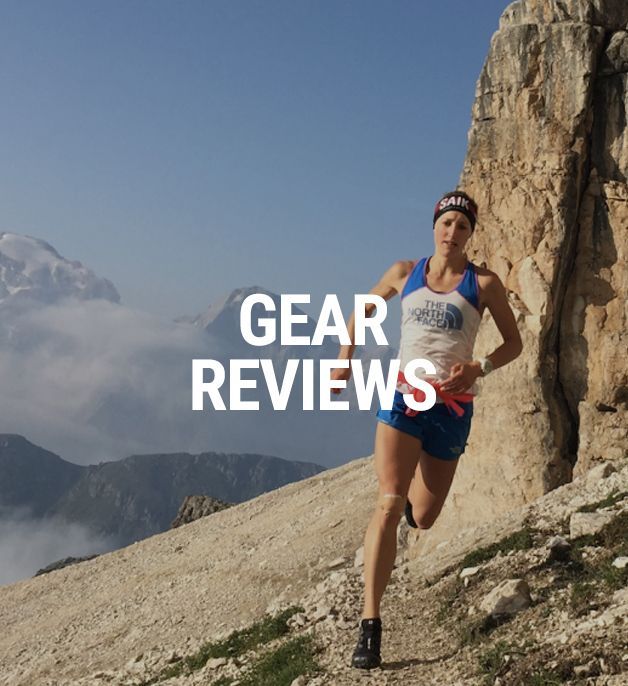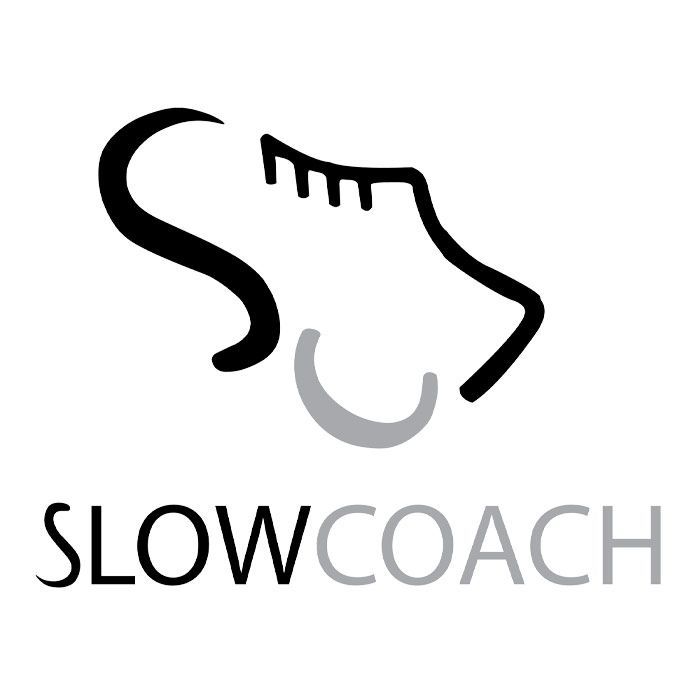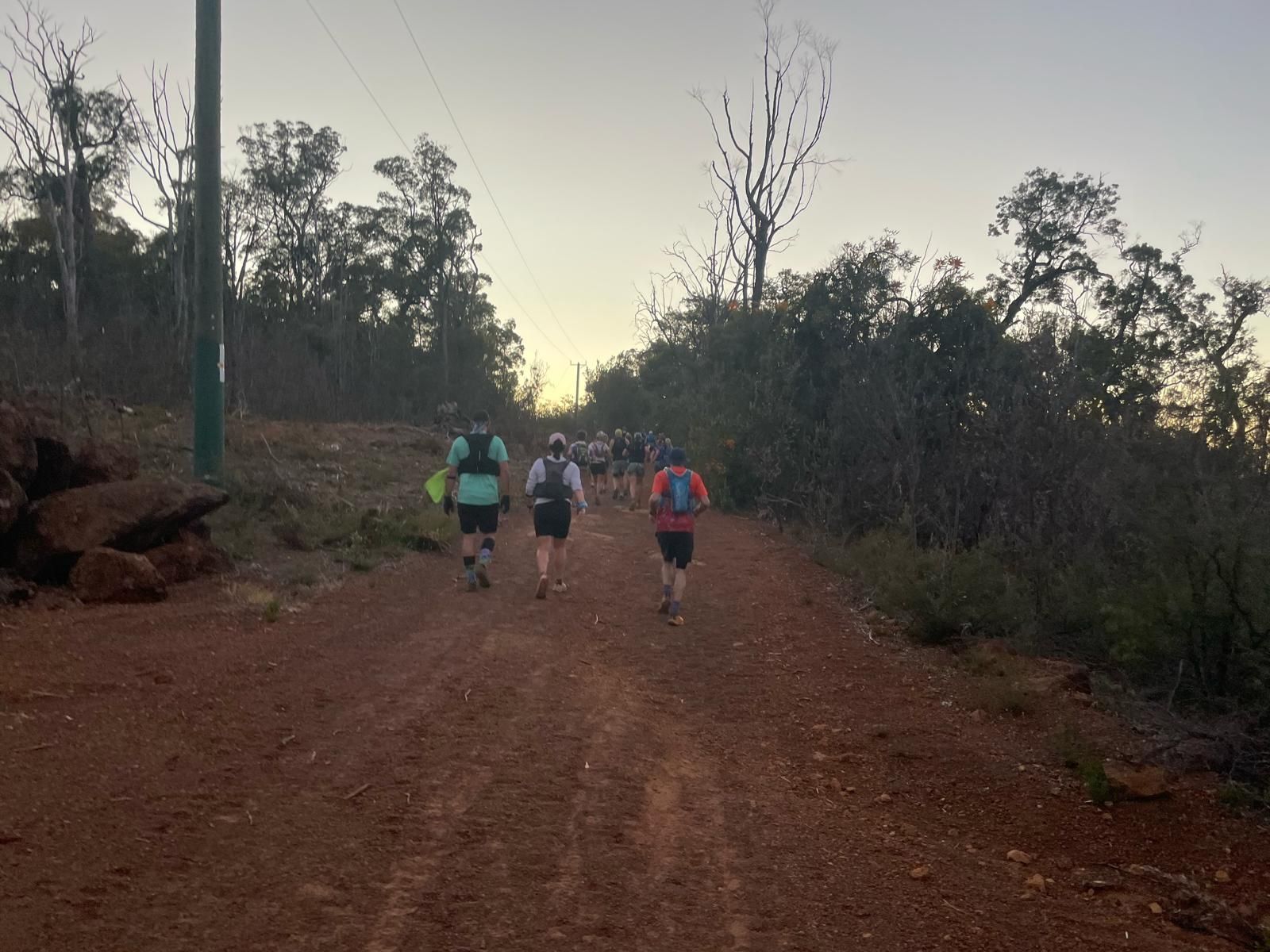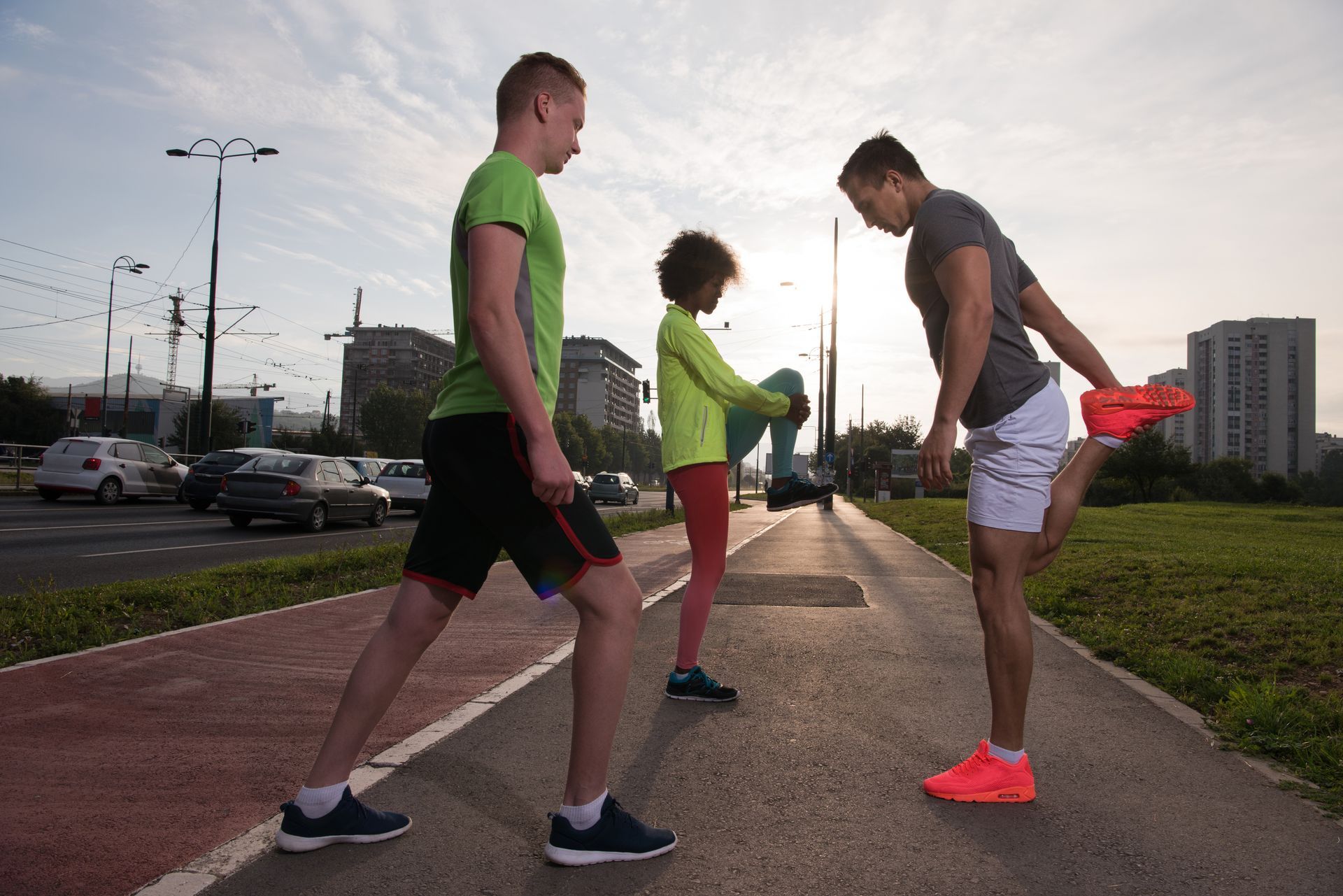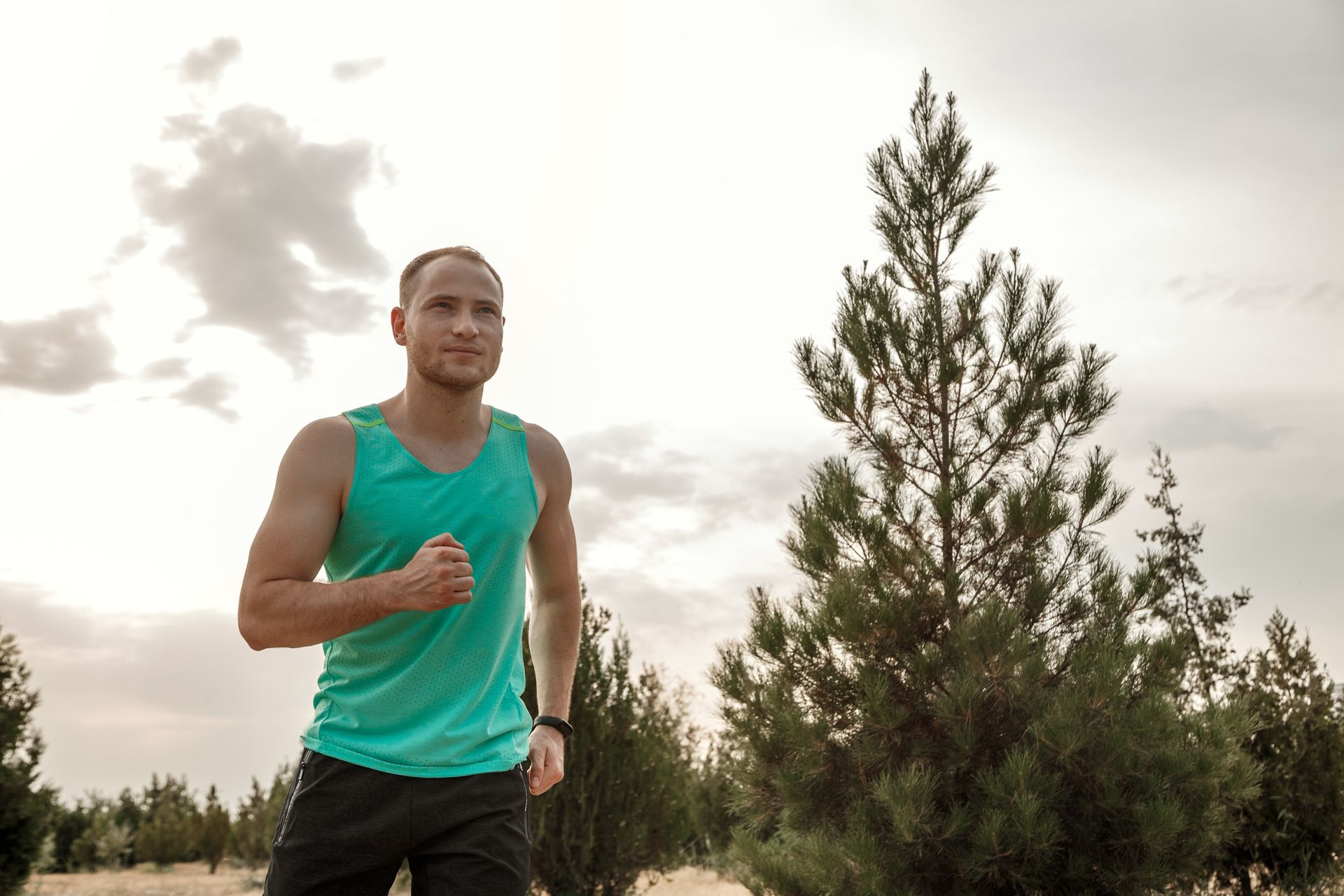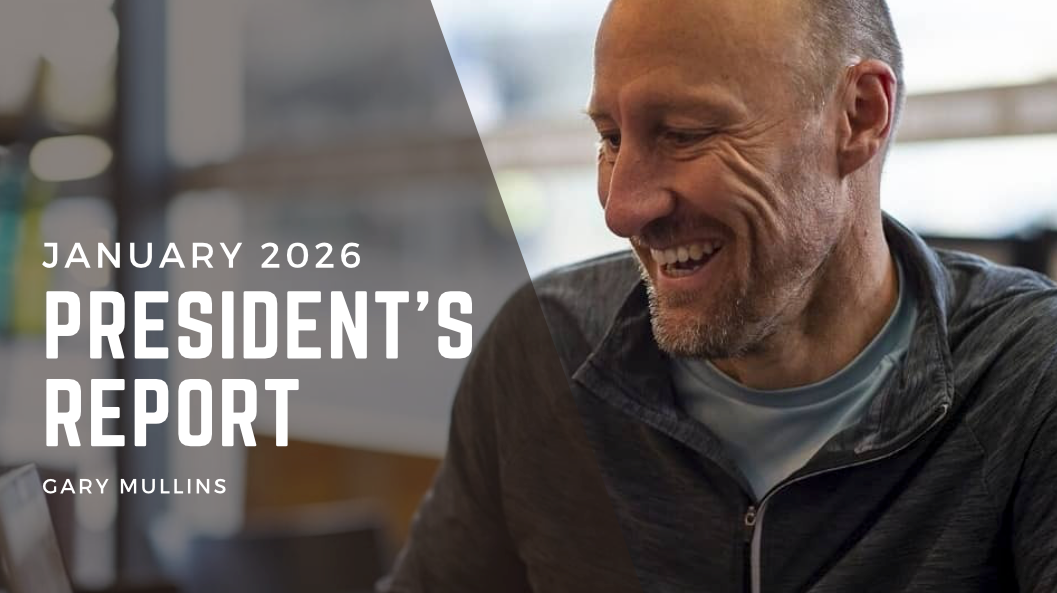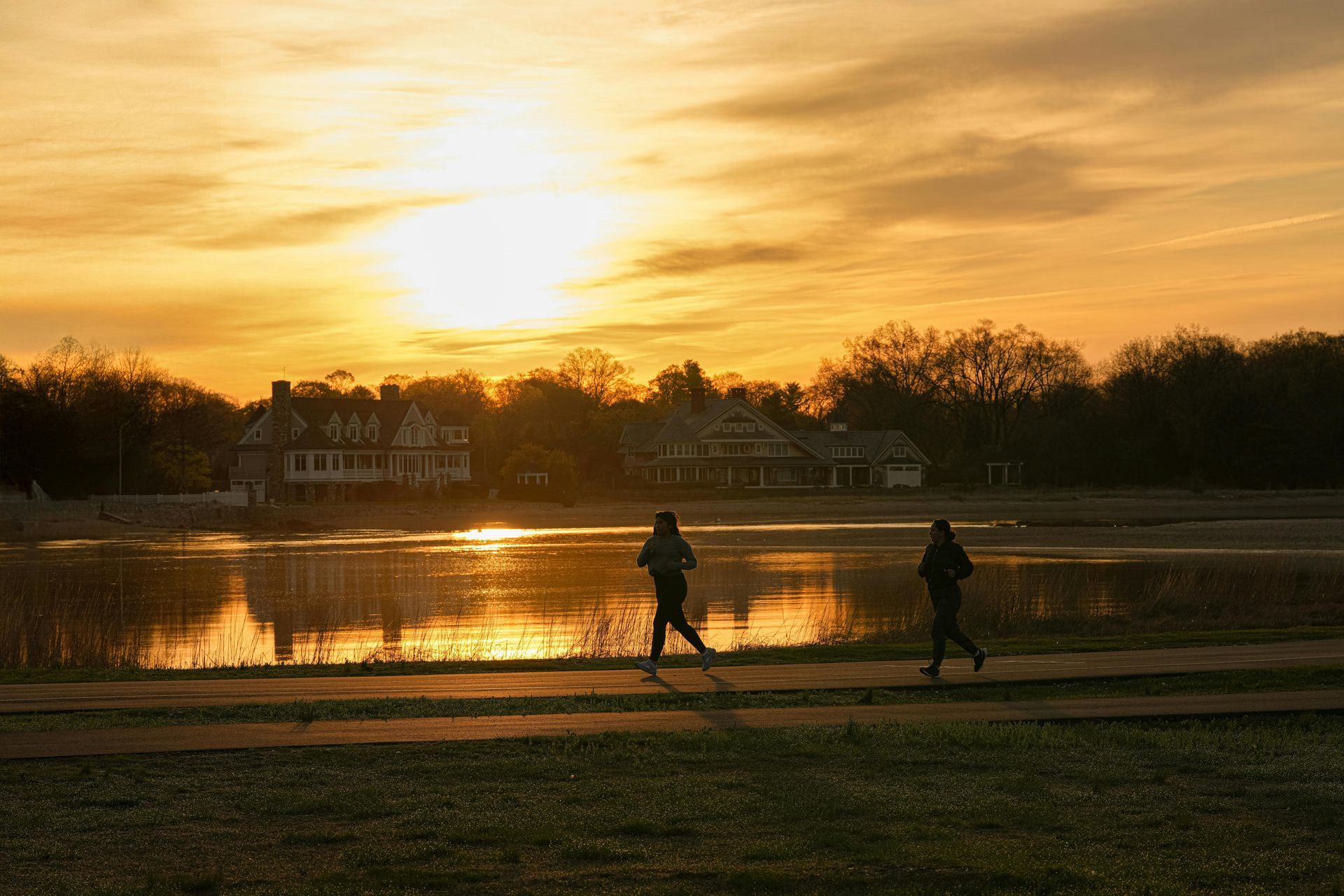
COACH’S CORNER - Coaching in Unknown Territory by Andrea Doney
andrea doney: Preparing runners for the two oceans ultra without the benefit of personal experience

There’s something humbling about coaching runners for a race you’ve never stood on the start line of. You’re not drawing on personal war stories or muscle memory - you’re piecing together a plan from maps, race reports, and other people’s tales. And in my case anyway, mixing in a significant amount of finger crossing and liberal dash of totally winging it.
That was my position earlier this year, preparing two runners - let’s call them William and Sam* - for the Two Oceans Ultra Marathon in Cape Town, South Africa.
As a South African born and raised, I’m familiar with the race’s incredible reputation as the “world’s most beautiful marathon” but sadly I have never run it myself. At 57km, it’s a bucket-list event for many, split across two distinct and dramatically oppositional halves.
The first 28ish km rolls easily along the False Bay coast - fast, flat, and easy to overcook by runners who are being cooled by the sea breezes and lured by the breathtaking ocean vistas. Then, from around 28 km onwards, the route rises sharply up a craggy and demanding mountain toward Constantia Nek, climbing to roughly 850 metres over a few heartbreaking false peaks before a quad-crunching descent into the finish at UCT.
It’s a race of two halves: one for the head, and one for the legs.
Two Runners, Two Journeys
Clients William and Sam are experienced runners in their late 50s. William has tackled South Africa’s mighty Comrades Marathon three times, once with me as crew, and is a runner who knows the grind of ultra-distance running. Sam’s longest race, by contrast, had been the New York Marathon, which I also coached him for. He’s strong, disciplined, and curious, but new to anything beyond 42.2 km.
William arguably has more experience, but Sam has more natural speed and a startling talent for quick recovery (which is a huge asset as an ultra-runner). Both were chasing the same goal: to finish strong, and to enjoy the challenge of running one of the world’s great city-to-ocean ultramarathons.
Building a Plan for a Race I’d Never Run
Without first-hand experience, I started the only place I could: panic and research.
I studied the course profile, read race reports, watched every YouTube clip I could find, and reached out to my South African network for local insights: What does that climb up Chapman’s Peak really feel like? How hot does it get? What’s the crowd support like? How reliable are the aid stations? And just how runnable is Constantia Nek after 50 km?
Every bit of intel helped me shape the training plan - not to replicate the course perfectly, but to mirror its demands.
Backloading the Training
The Two Oceans course punishes anyone who goes out too fast, so our training mirrored that challenge. I built backloaded long runs peppered with hill repeats. That might mean finishing a long steady run with 30-40 minutes of hard uphill effort, or tackling a long hill segment at the end of a Sunday long run when the legs were already cooked.
We also added plenty of fartlek, interval and hill rep sessions - both short, steep efforts for strength, and longer, grindy climbs to mimic Chapman’s Peak and Constantia Nek. The key was building fatigue resistance - so the legs would still respond when they hit the big climbs after 40 km.
Back-to-back long runs were another cornerstone. Running long on tired legs simulates that deep-race fatigue that hits late in an ultra. It’s also a confidence builder - when you know you can back up one hard day with another, you start believing you can handle the late kilometres of anything.
The “Other” Preparation
Training the body was only half the job. We also had to plan for Cape Town itself – at least 24 hours of travel, the climate, the jet lag, and the rhythm of race week.
Jet lag can sabotage even the best-trained runner, so I encouraged both William and Sam to arrive early and spend a few days adjusting. Simple habits - morning sunlight, easy walks, local meals, early nights - helped them reset their body clocks before race day.
We also discussed nutrition (what foods and fluids would be available on course), gear (Cape Town mornings can be chilly before the sun rises), and logistics. This race starts in the dark and due to South Africa’s loadshedding practices, street lights are not guaranteed. So I made them pack head torches and disposable layers, and drummed in to them the importance of a conservative start.
Coaching for the Unknown
Coaching runners for a race you’ve never run is an exercise in curiosity and trust. You become a researcher, strategist, and sounding board all at once. But more than that - you learn to coach for adaptability.
You can’t prepare your athletes for everything, but you can prepare them to handle anything.
In the end both William and Sam had very successful races. William’s was initially strong and fast on the flats, but encountered severe fatigue and cramps on the climbs. Still, he maintained calm in the chaos and finished just shy of his A goal time. Sam, taking on his first ultra, managed his effort perfectly and crossed the finish line beaming. Both went out too fast for my liking, but such is the nature of an iconic bucket list race, but still managed to cope with the gruelling vert in the second half.
For me, it was a reminder that good coaching doesn’t depend on personal experience of a course - it depends on significant amounts of preparation and research, lots of empathy and a deep understanding of the principles of endurance and mindset. And while I dream of maybe experiencing those legendary views for myself one day, in the meantime I take pride and comfort in knowing that you don’t have to have run the race in order to be able to conquer it.
*Not their real names


